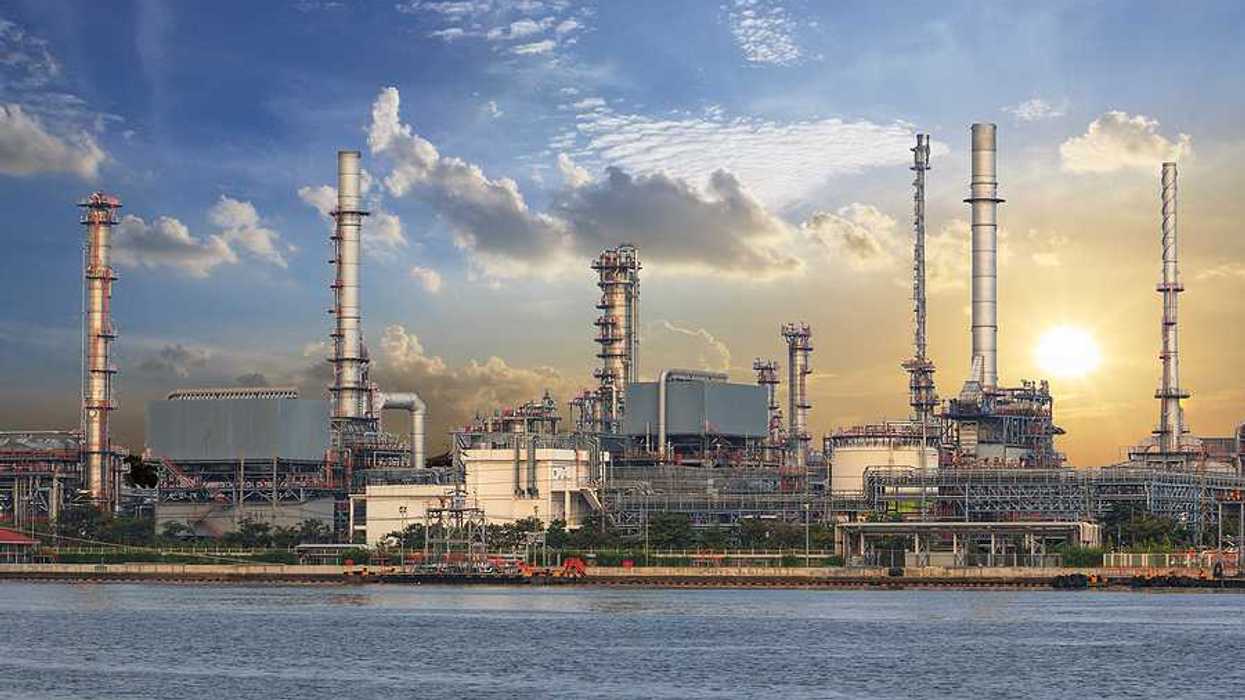The author argues that we must confront the reality that recycling does not make plastic any less harmful or more sustainable, suggesting a move towards reducing overall plastic production.
Eve O. Schaub writes for The Washington Post.
In short:
- Plastic recycling often results in downcycled products that require significant amounts of new plastic to maintain structure, rendering the process largely ineffective.
- Despite decades of efforts, the actual recycling rate for plastics remains disastrously low at about 5%, compared to much higher rates for materials like paper.
- The toxic components in plastics pose serious health risks, including cancer and endocrine disruption, which are exacerbated by the recycling process.
Key quote:
"Let’s treat plastic like the toxic waste it is and send it where it can hurt people the least."
— Eve O. Schaub, author of “Year of No Garbage: Recycling Lies, Plastic Problems, and One Woman’s Trashy Journey to Zero Waste.”
Why this matters:
Schaub’s article points out the ineffectiveness and dangers of recycling plastic as a solution to waste, advocating for significant reductions in production rather than reliance on recycling. Read more: Recycling plastics “extremely problematic” due to toxic chemical additives.














